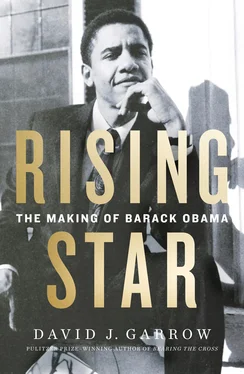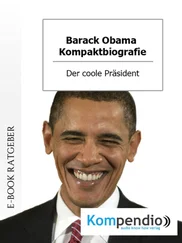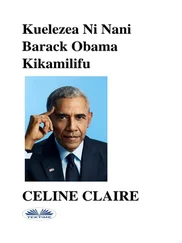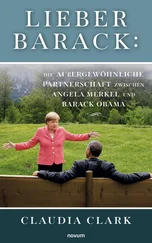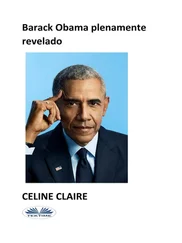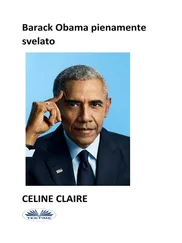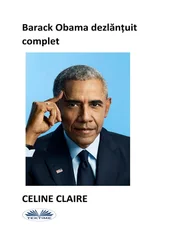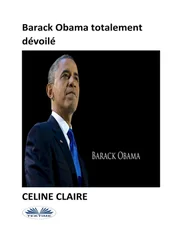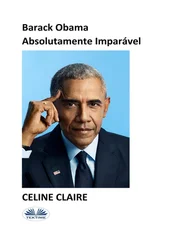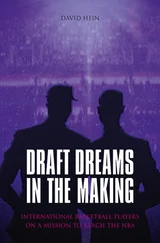Barack first lived at 49 Irving Street before moving into a top-floor apartment at 170 Magazine Street with a Nigerian fellow, one of about eighty African students at Harvard—a vast change from his unique status in Honolulu. Obama actively mentored younger Kenyan students from around greater Boston; George Saitoti, who was eighteen years old when he knew Obama, told biographer Sally Jacobs “we looked upon him as a model. He really gave us inspiration.” In the fall of 1963, Obama’s brother Omar Onyango, a decade younger, arrived in Boston to attend the posh Browne & Nichols School, just west of Harvard, thanks to his older brother’s social acquaintance with a young woman whose father was the school’s treasurer.
That same young woman, like a number of Obama’s African friends in Cambridge, also witnessed a continuation—and perhaps an intensification—of the heavy drinking and heavy-handed pursuit of women that had marked Barack’s three years at UH. “He’d dance in a very suggestive way, no subtlety,” that female friend recounted to Sally Jacobs. “He used suggestive, provocative language, I would say overly sexual…. It was kind of a God’s gift to women thing.” One Nigerian friend recalled telling a drunken Obama to leave a young woman alone, and an African undergraduate woman told Jacobs about consoling a fellow female undergraduate who had been an Obama girlfriend until she learned he was already married, presumably to Kezia.
In late January 1964, Rev. Dana Klotzle, who oversaw the Unitarian Universalist Association’s (UUA) sponsorship of about a dozen East African students who, like Omar, were attending secondary schools around Boston, notified the local INS office of a troubling development. A young Kenyan woman who was attending school in Auburndale, Massachusetts, had suddenly flown to London on January 10 on a round-trip ticket. UUA had terminated her sponsorship and would not accept her back; an INS agent phoned the school for additional information. The dean of women said the girl had claimed she was visiting a sick sister, but there was no evidence of a sister in Britain. What’s more, she had been “receiving advice from another student from Kenya, one Obama who is likely her boy friend and who is at Harvard.” The Unitarians suspected she had flown to London to obtain an abortion. Obama had been phoning the school seeking her reinstatement and also had called a second school, which refused to accept her. Rev. Klotzle, the memo reported, thought Obama was “a slippery character.” The Boston INS office then notified the U.S. consul in London of the girl’s flight and Obama’s involvement.
In Hawaii, on March 5, Judge Samuel P. King held a brief hearing on Ann’s divorce petition; fifteen days later, he signed a “Decree of Divorce.” Ann was “granted the care, custody and control of Barack Hussein Obama, II,” with Obama Sr. having “the right of reasonable visitation.” Pursuant to Ann’s request, “the question of child support is specifically reserved until raised hereafter.” As with Ann’s initial complaint, a copy was mailed to Obama in Cambridge.
Four weeks later, Obama visited the Boston INS office to extend his student residency visa for another year. For the new application, Harvard certified that “Mr. Obama expects to be registered as a full-time student during the academic year 1964–65,” but the INS agent reviewing the file noted the January contretemps and a supervisor instructed him to “hold up extension for present.” The agent made several calls to Harvard, in part because Obama had left blank both the marital line and the one about employment, stating there that he could not remember where he had worked in the U.S. The agent noted: “Harvard thinks he’s married to someone in Kenya and someone in Honolulu, but that possibly he belongs to a tribe where multiple marriages are O.K.” Obama’s doctoral qualifying exams were soon approaching, and the director of Harvard’s international students office wanted to hold off on questioning Obama until those were finished.
Obama was aware of the inquiries, and he called the INS to say he now remembered working at the Institute of International Marketing in Cambridge during the summer of 1963. Harvard officials told the INS that Obama might also be married to someone in Cambridge, and in mid-May David Henry, director of Harvard’s international students office, called INS agent M. F. McKeon to say he had conferred with both a graduate school dean and the chairman of Harvard’s Economics Department.
“Obama has passed his general exams, which indicates that on academic grounds, he is entitled to stay around here and write his thesis,” McKeon wrote in a memo memorializing the phone conversation. “However, they are going to try to cook something up to ease him out. All three will have to agree on this, however. They are planning on telling him that they will not give him any money, and that he had better return to Kenya and prepare his thesis at home.” That would take several weeks, but “at this time Harvard does not plan on having Obama registered as a full-time student during the academic year 1964–1965 as stated on” Obama’s application a month earlier.
On May 27, 1964, Harvard’s David Henry sent Obama a life-changing letter. It began by acknowledging that Obama had completed his course work and that only his thesis remained to be completed before he could get his Ph.D. But the letter also said that neither the Department of Economics nor the graduate school had the funds to support him in Cambridge. It then said, “We have, therefore, come to the conclusion that you should terminate your stay in the United States and return to Kenya to carry on your research and the writing of your thesis.” He was given until June 19—which was hardly three weeks away!—to arrange for his departure. Henry indicated that copies of the letter were going to graduate school associate dean Reginald H. Phelps, a historian of modern Germany, and Economics Department chairman John T. Dunlop, a distinguished professor who would go on to become dean of Harvard’s Faculty of Arts and Sciences and then U.S. secretary of labor.
Unspoken in Henry’s letter—though crystal clear in Obama’s INS file—was Harvard’s unwillingness to continue hosting a man whose sexual energies, whether inter-African or serially miscegenous, would not be tolerated in tony Cambridge as they had been in multihued Honolulu. Two weeks later an INS form letter instructed Obama that he had until July 8, instead of June 19, to depart the United States. On June 18, an understandably agitated Obama phoned the Boston INS office and insisted that he be given specific grounds for why his residency extension was being denied. An INS agent emphasized that the decision was final, but Obama called again the next day and asked to speak to the district director, who refused to take the call. Obama declared he lacked funds to leave the U.S., and the next day he asked a Harvard secretary to call the INS on his behalf. She too was told INS’s ruling was final. At that point, Obama apparently gave up; on Monday, July 6, 1964, he departed from New York’s newly renamed John F. Kennedy International Airport bound for Paris and then Nairobi, which, as of seven months earlier, was now the capital of newly independent Kenya. 16
On the other side of the United States, Ann Dunham and Lolo Soetoro were married on Monday, March 15, 1965, on Molokai, a smaller Hawaiian isle southeast of Oahu. Neither Ann’s son nor her parents attended the ceremony, which took place only three months before Lolo’s current residency visa would expire. He had received his M.A. in geography in June 1964, but a month later both UH and the INS approved another one-year residency during which he could get practical experience working for local engineering and surveying firms.
Читать дальше
